PI3K/Akt/mTOR Signaling
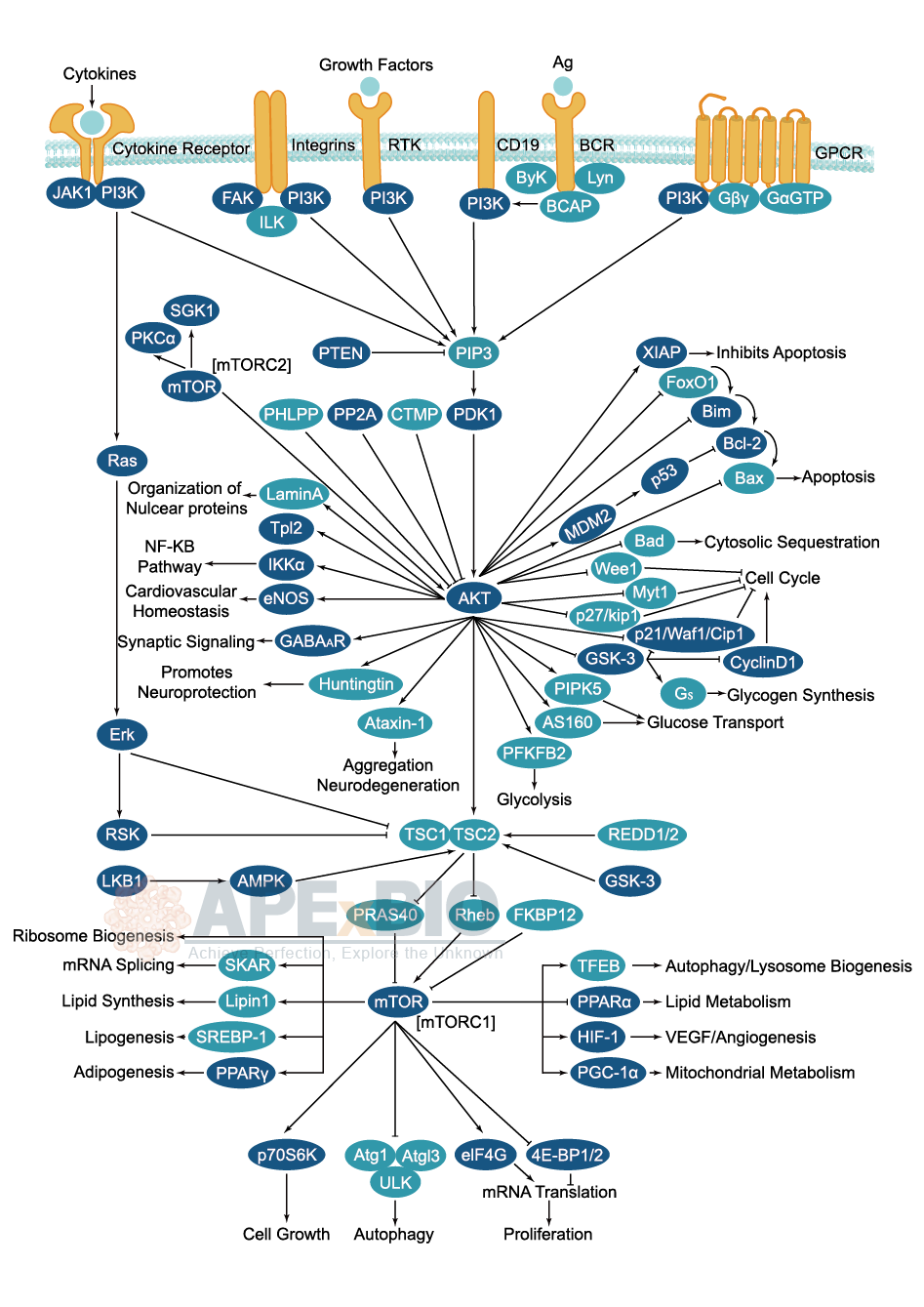
The PI3K/Akt/mTOR signaling pathway is a key regulator in growth, survival, cell cycle proliferation, protein synthesis and glucose metabolism. Growth factors, hormones, and cytokines can activate this pathway by binding their cognate receptor tyrosine kinase (RTK), cytokine receptor, or GPCR, resulting in the activation of lipid kinase PI3K which produces PIP3 at the plasma membrane.
The binding of PIP3 translocates Akt to cell membranes, enables Akt activation through phosphorylation at Thr308 mediated by phosphoinositide dependent kinase 1 (PDK1). In addition, Akt is phosphorylated at Ser473 by the mTOR-rictor complex, mTORC2. PTEN is a negative regulator of Akt signaling that reverses the function of PI3K by removing 3’-phosphate groups. Akt activity is also negatively regulated by the phosphatases PP2A and PHLPP. Akt propagates its signal to affect DNA transcription, cell cycle and apoptosis. Akt can activate mTOR directly by phosphorylation or indirectly, by phosphorylation and inactivation of mTOR inhibitor TSC2 and PRAS40. Together these mechanisms stimulate cell growth and G1 cell cycle progression through signaling via p70 S6 Kinase and inhibition of 4E-BP1. Defects in PI3K/AKT/mTOR signaling are implicated in cancer, diabetes and cardiovascular disease etc.
-
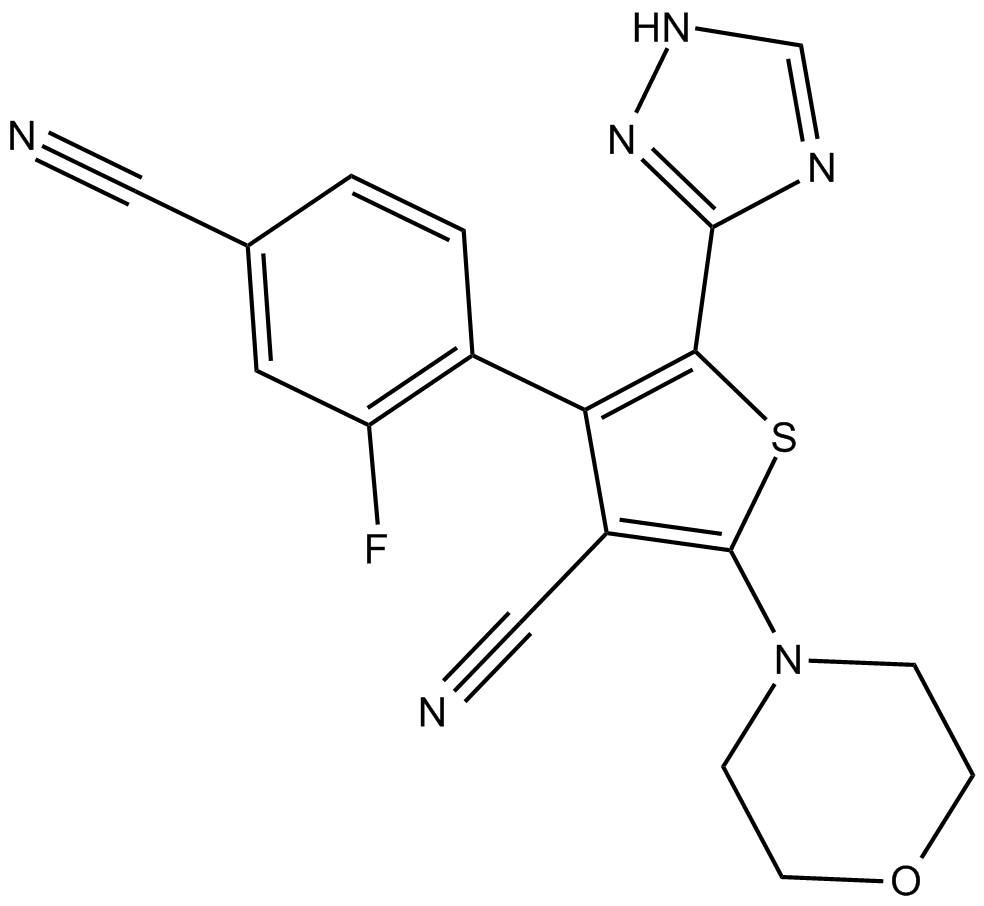 B5948 PF-4989216Summary: Selective oral PI3K inhibitor
B5948 PF-4989216Summary: Selective oral PI3K inhibitor -
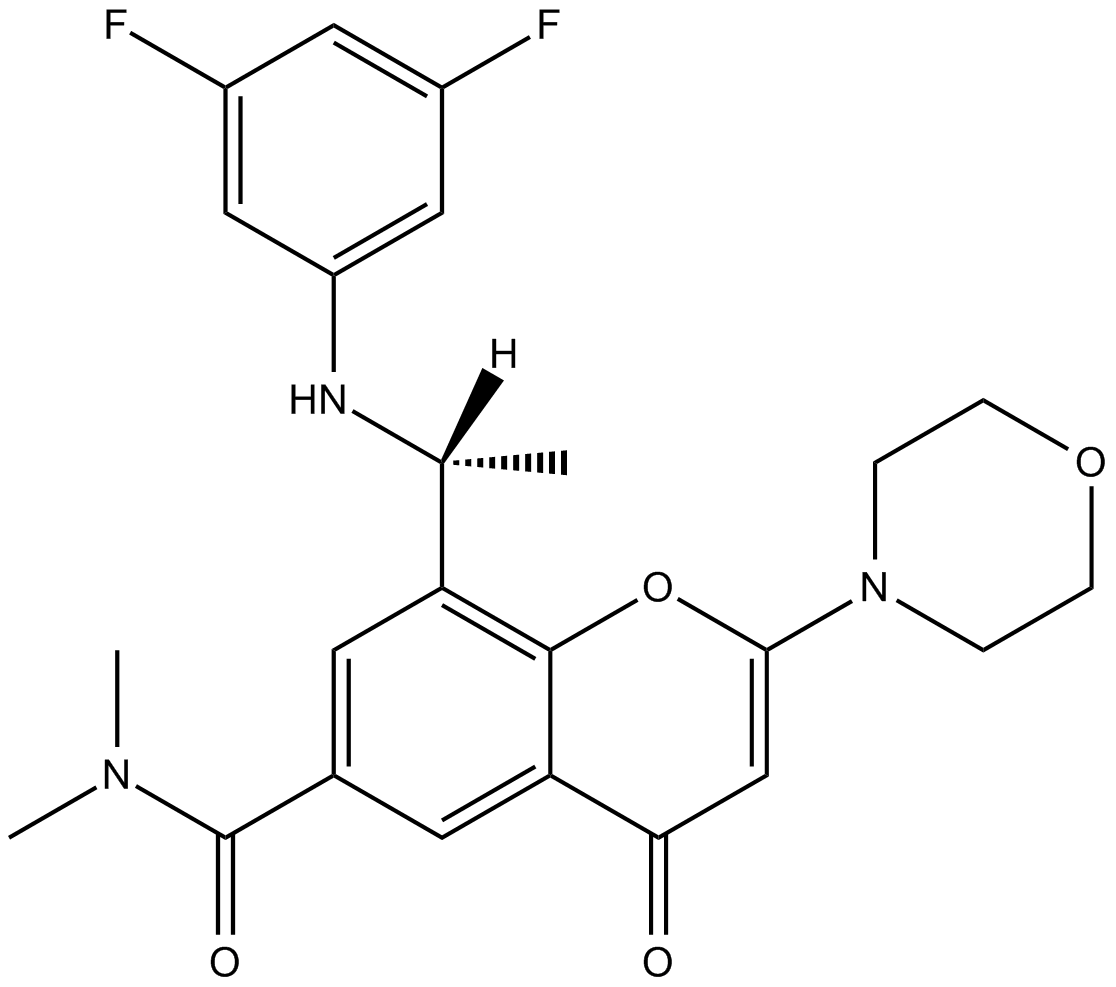 B5950 AZD8186Target: PI3KSummary: Potent and selective inhibitor of PI3Kβ and PI3Kδ
B5950 AZD8186Target: PI3KSummary: Potent and selective inhibitor of PI3Kβ and PI3Kδ -
 B6013 AMG319Summary: PI3Kδ inhibitor
B6013 AMG319Summary: PI3Kδ inhibitor -
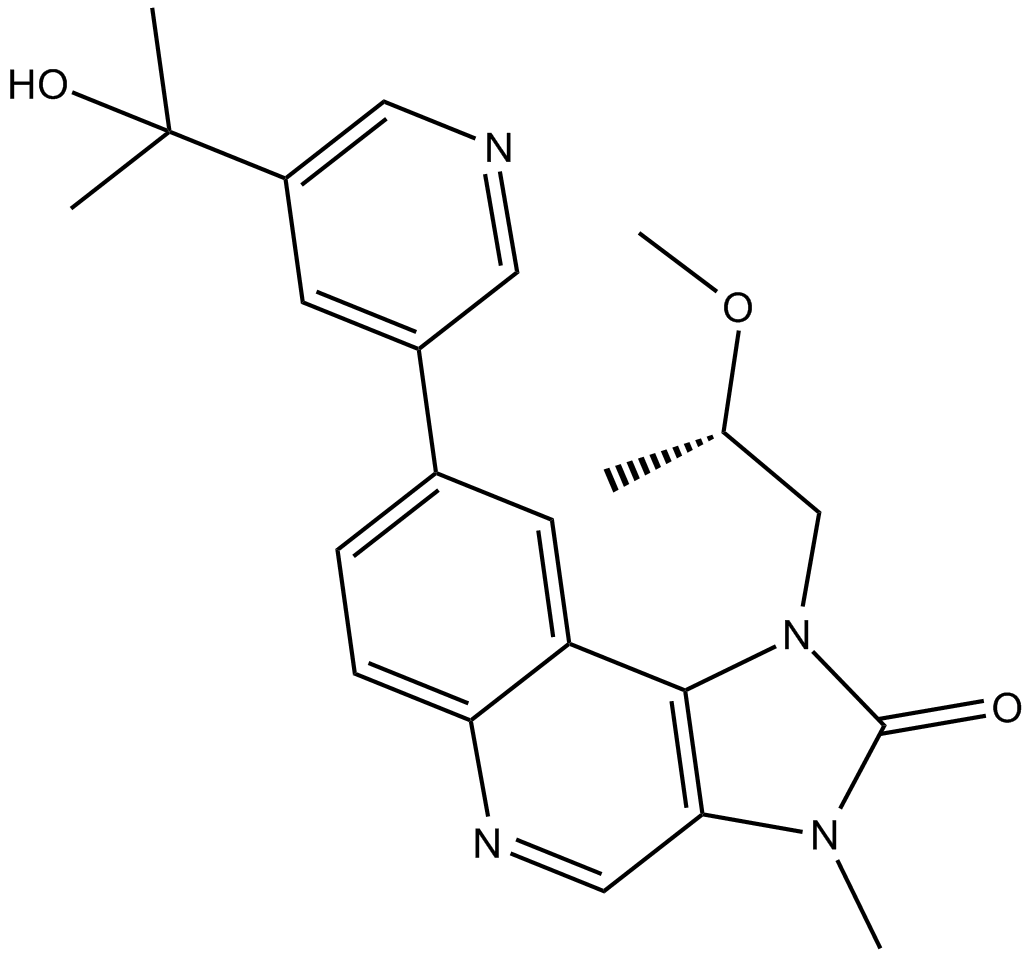 B6099 LY3023414Target: Akt|PI3K|mTOR|DNA-PKSummary: class I PI3K isoforms, mTOR and DNA-PK inhibitor
B6099 LY3023414Target: Akt|PI3K|mTOR|DNA-PKSummary: class I PI3K isoforms, mTOR and DNA-PK inhibitor -
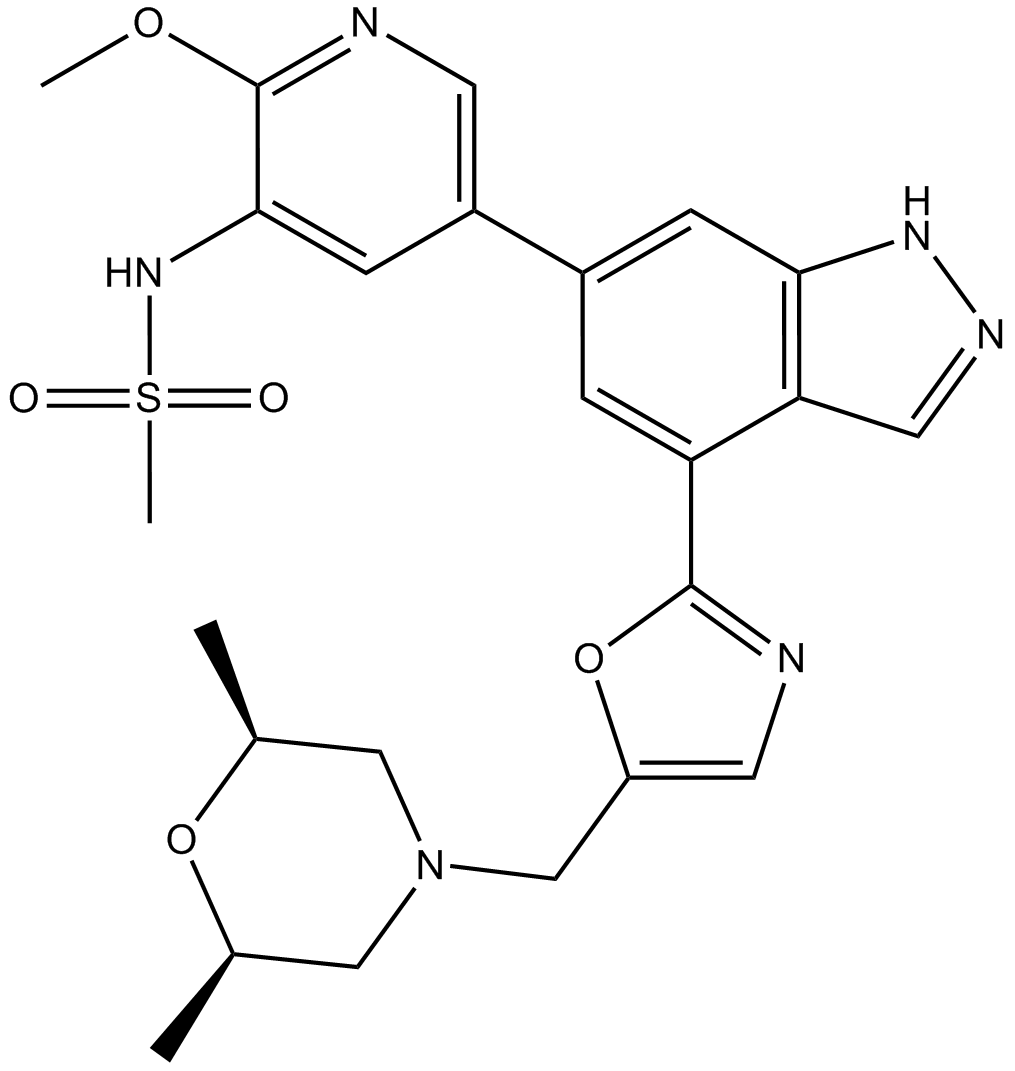 B6173 GSK2292767Summary: PI3Kδ inhibitor,potent and selective
B6173 GSK2292767Summary: PI3Kδ inhibitor,potent and selective -
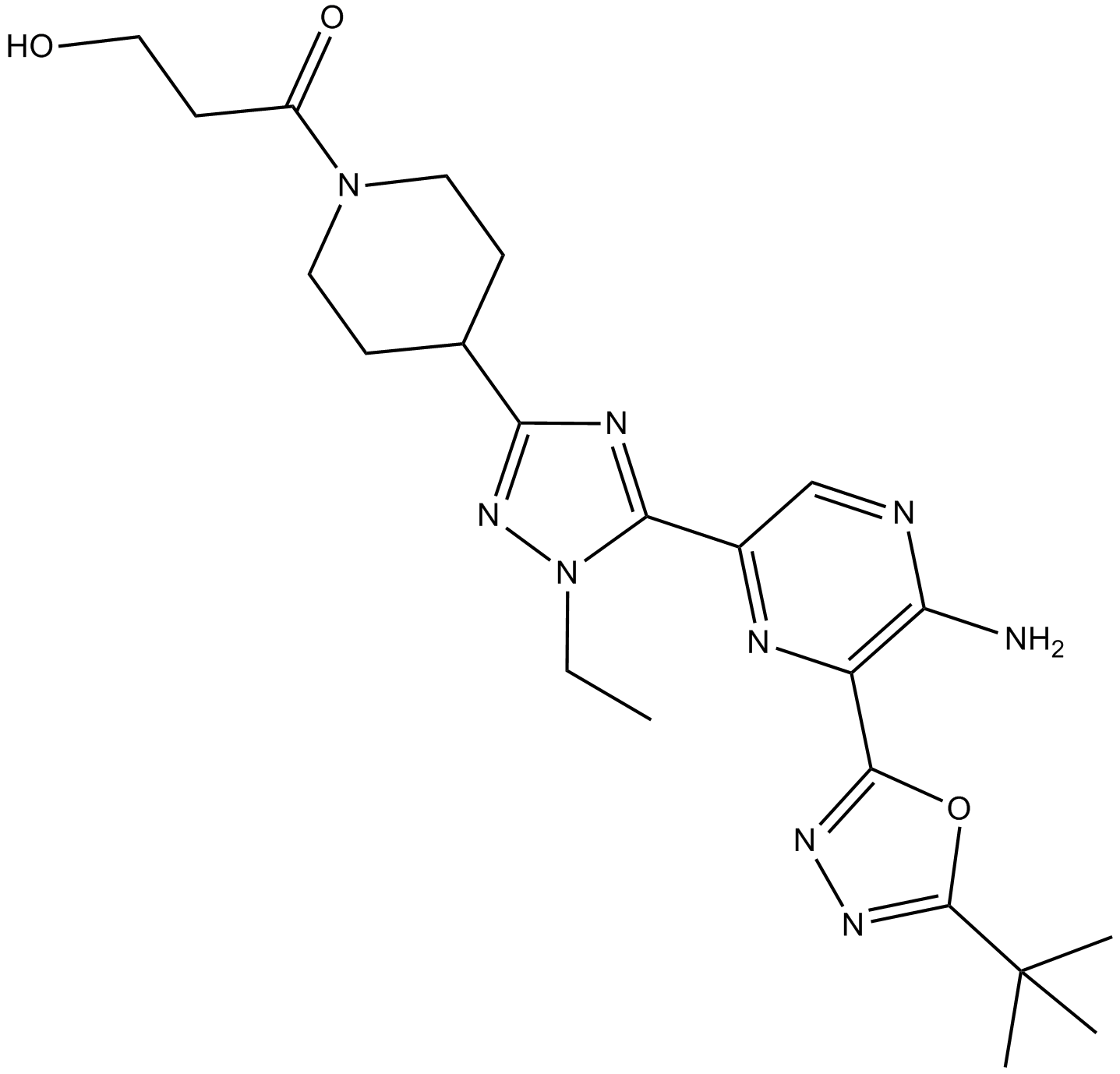 B6178 AZD8835Summary: PI3Kα and PI3Kδ inhibitor
B6178 AZD8835Summary: PI3Kα and PI3Kδ inhibitor -
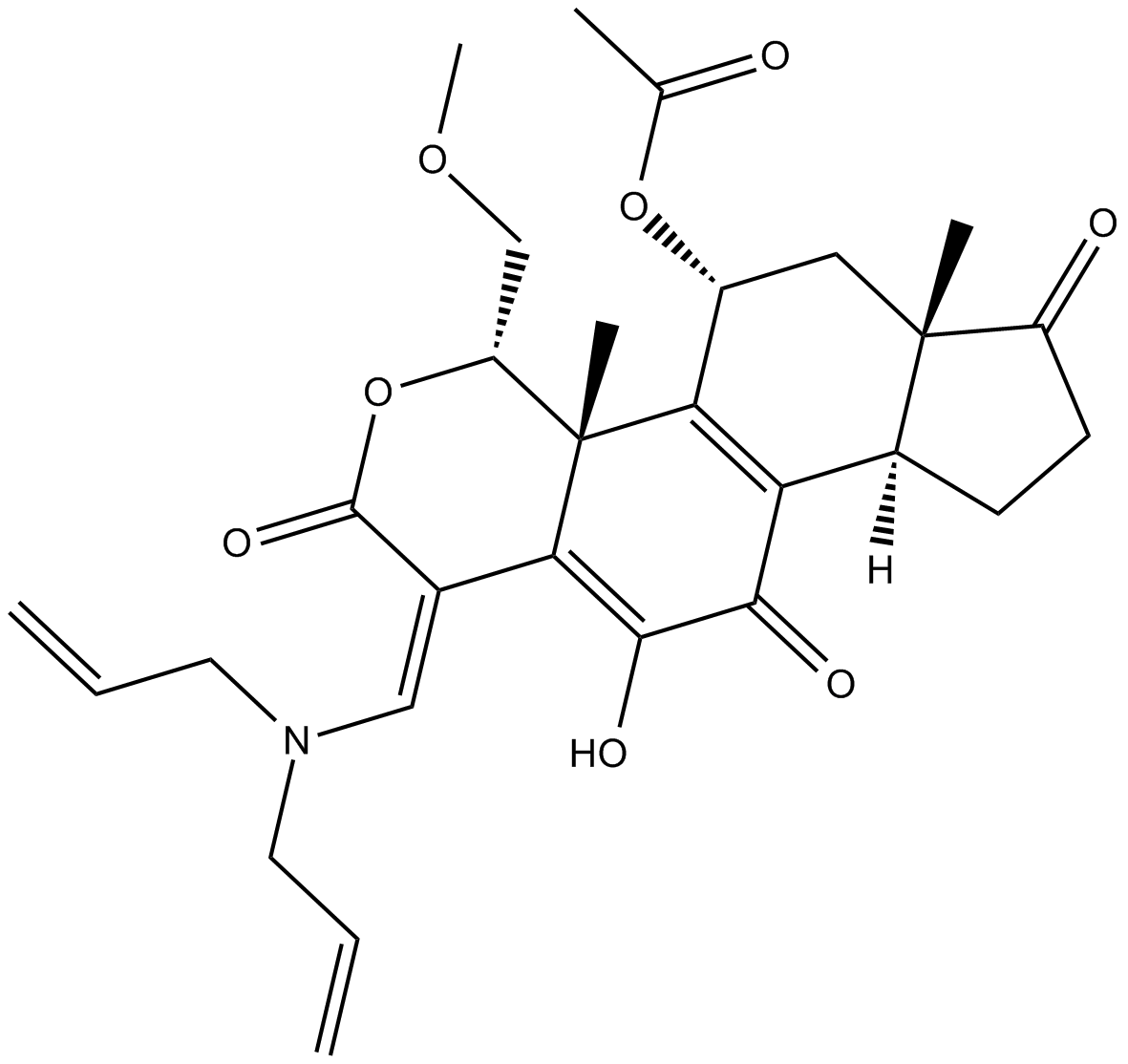 C3271 PX 866Summary: PI3K inhibitor
C3271 PX 866Summary: PI3K inhibitor -
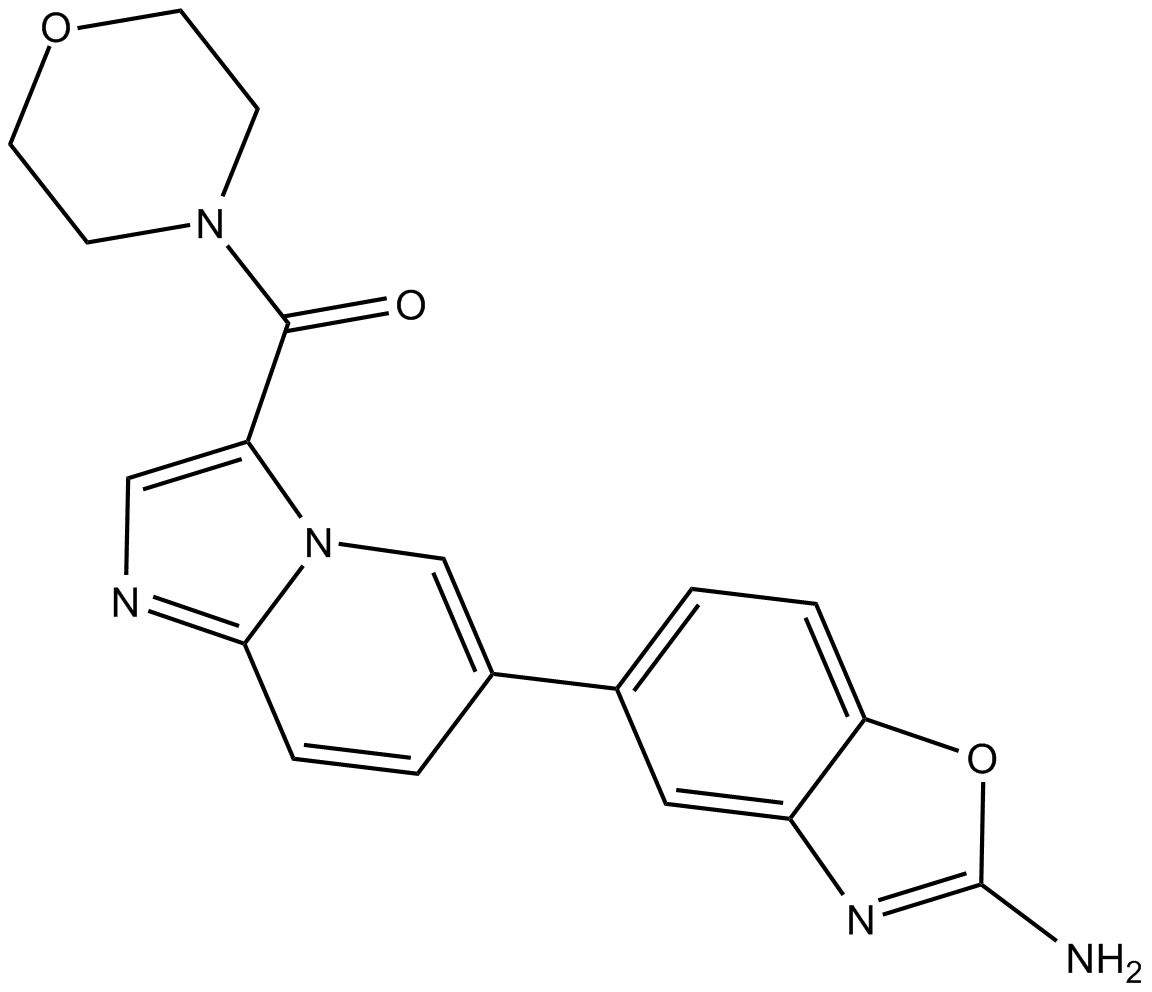 C3103 INK1117Summary: PI3Kα inhibitor
C3103 INK1117Summary: PI3Kα inhibitor -
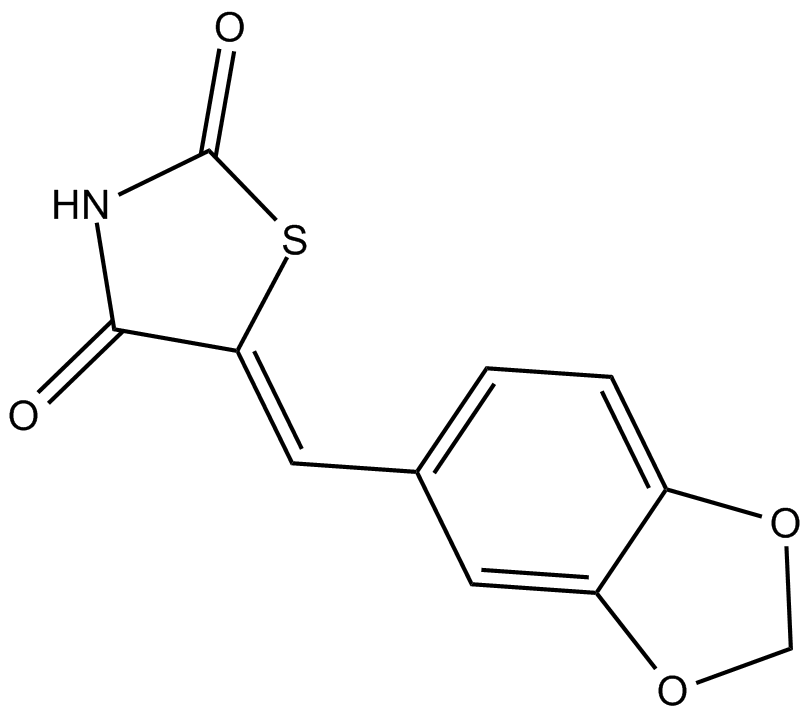 C4243 AS-041164Summary: PI3Kγ inhibitor
C4243 AS-041164Summary: PI3Kγ inhibitor -
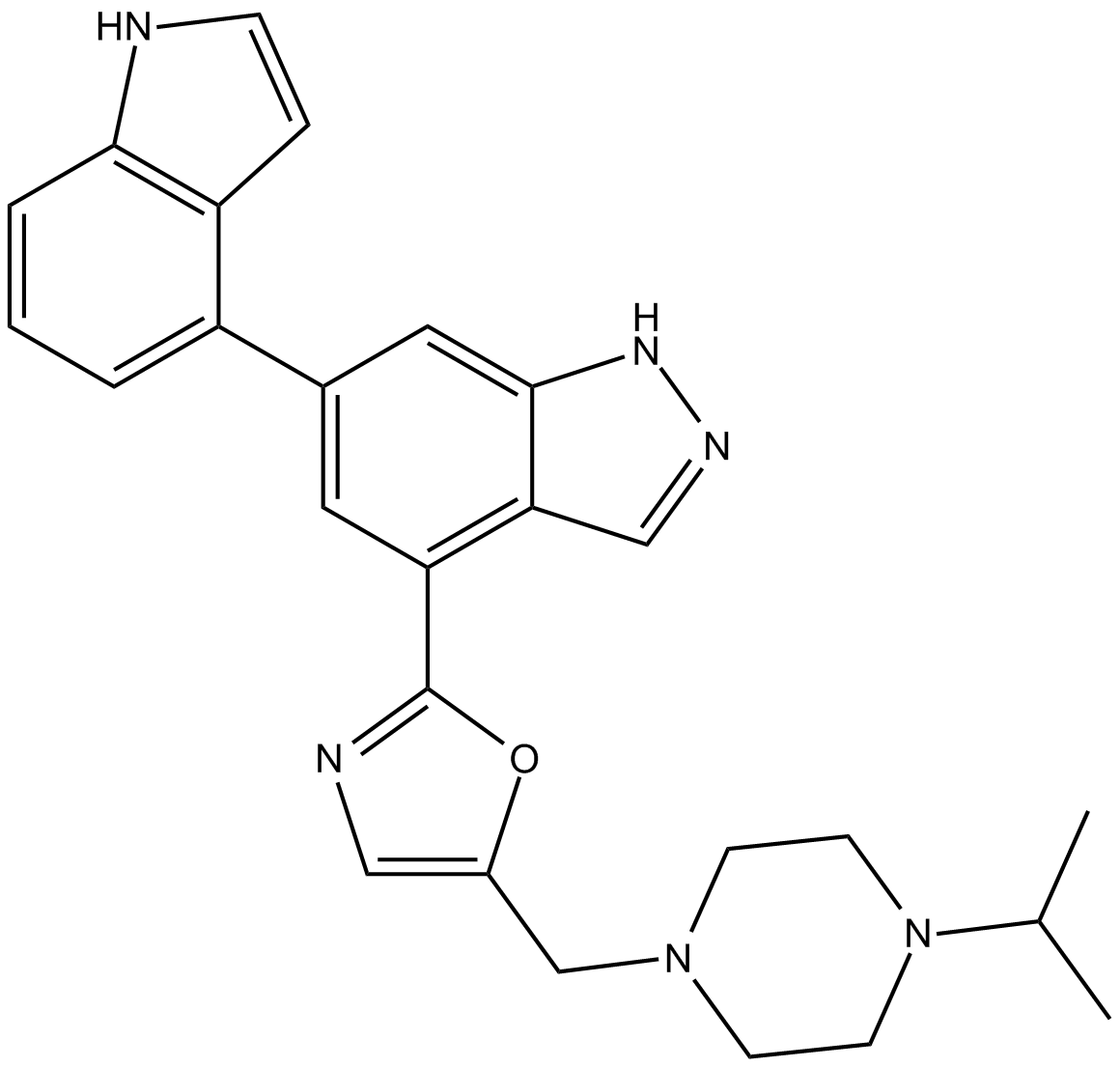 C5012 GSK2269557Summary: inhibitor of PI3Kδ
C5012 GSK2269557Summary: inhibitor of PI3Kδ

